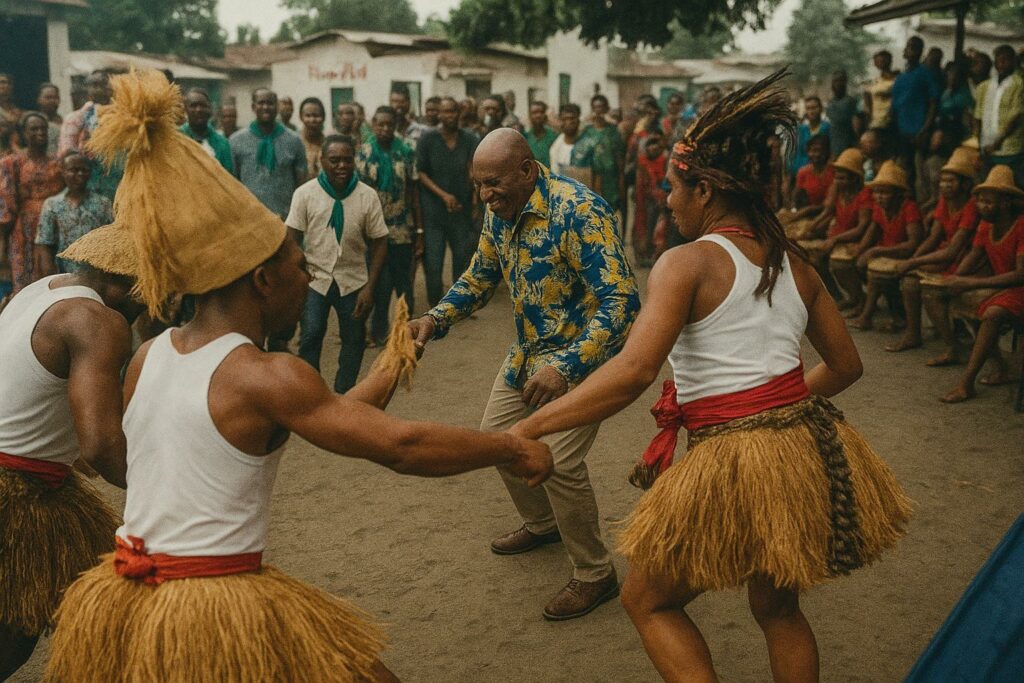A Celebration of Cultural Heritage
In the spirit of World Music Day on June 21, the Kouilou Regional Committee of Traditional Ensembles (Cretk) orchestrated a vibrant musical event at the cultural hub, Le Mbongui, located in the Tchimbambouka district of Pointe-Noire. This celebration resonated with the rich sounds of traditional music and drew enthusiasts and cultural leaders alike, cementing the importance of music as a unifying force. Among the distinguished attendees were Aurelien Kaya, socio-cultural advisor to the Ngoyo municipal authority; Frédéric Pambou, honorary president of the Loango Civilization Study Center; and Régine Goma, coordinator of local civil organizations.
The Role of Music in Cultural Cohesion
Alphonse Mantsanga, president of the Cretk, eloquently captured the essence of the occasion, emphasizing the multifaceted benefits of traditional music—education, knowledge, and even healing. He highlighted how these musical expressions connect the community to their ancestries, particularly through rituals like Tchikumbi and Nzobi. The event not only celebrated the cultural traditions but also served as a call to preserve these invaluable practices.
The Significance of Le Mbongui
Inaugurated in 2023, Le Mbongui has swiftly become a beacon of cultural heritage, having hosted approximately 37 traditional dance performances. Noelien Samba, the site’s promoter, stressed the importance of support from governmental and private sectors to fulfill the space’s mission of cultural education and artistic development. He reiterated the need for community and institutional backing for sustaining such efforts.
A Call for Cultural Transmission
Régine Goma and Frédéric Pambou both underscored Le Mbongui’s potential as a training ground for youth in traditional cultural practices. By fostering an appreciation for their heritage, they believe the space could play a pivotal role in strengthening cultural identity among future generations.
A Community Unites in Celebration
The event culminated with performances from ensembles like Mbongui Kinkulu and Ndara du Congo, captivating the audience with their rich, rhythmic expressions. The symbolic presentation of insignias to honored guests underscored the community’s commitment to cultural preservation. This event poignantly illustrated how music serves as both an anchor and a beacon for cultural continuity in Tchimbambouka.

